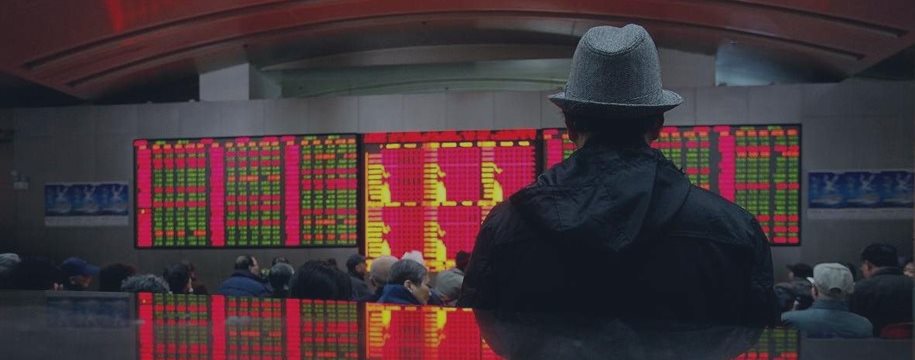
On Wednesday Asian markets recorded one of their worst quarters since the global financial crisis, with the double threat of higher interest rates in the U.S. and China’s slowdown unlikely to slow down heading into October.
While regional stocks and currencies recovered from Tuesday’s sharp losses in the last trading day of the quarter, it was a turbulent period for nearly all of Asia’s markets.
China’s main stock market logged its worst quarter since 2008 and its
smaller Shenzhen gauge, in at least two decades.
Markets in Singapore
and Indonesia are also on course to post their worst quarters since the financial
crisis.
The MSCI Asia ex-Japan Index dropped 19.1% from the beginning of the quarter through Tuesday’s close.
In the last trading day of the quarter, the S&P/ASX 200 index in
Australia climbed 2.1% to 5,021.60.
Japan’s Nikkei 225 gained 2.7% to 17,388.15. However, the Nikkei closed out its worst quarter since 2010 and the ASX its worst since 2011.
Elsewhere, China’s Shanghai Composite added 0.5% to settle at 3,052.78, and the Shenzhen Composite gained 0.3% to 1,716.78.
Hong Kong’s main index finished the day up 1.4%, South Korea’s Kospi gained 1% and Singapore’s FTSE Straits Times Index rose 0.1%.
Currencies in Asia also posted their biggest quarterly losses in
years.
Asia’s worst performing currency, Malaysia’s ringgit, lost as much as 14% of its value this quarter and is down 26% for the year, while Thailand’s baht has weakened close to a five-year low, with its worst quarterly performance since 2000.
The unexpected devaluation of China’s currency in August, after weeks of jittery stock-market performance, spurred the possibility that a slowdown in the world’s second largest economy may be deeper than official data reveals.
Market players will await two more key reports from China.
On Thursday the official China manufacturing purchasing managers' index is expected to fall to 49.6 in September from 49.7 in August.
The final reading of the Caixin manufacturing purchasing managers’ index, also due Thursday, is expected to climb to 47.2 from a preliminary reading of 47.0, which was the lowest since March 2009. A reading below 50.0 indicates industry contraction.
The possibility of higher interest rates in the U.S. is still on the table, which already has started to draw money from the region. Investors pulled $40 billion from emerging-market stocks and bonds in the second quarter, the worst quarterly performance since the global financial crisis, the Institute of International Finance said.


